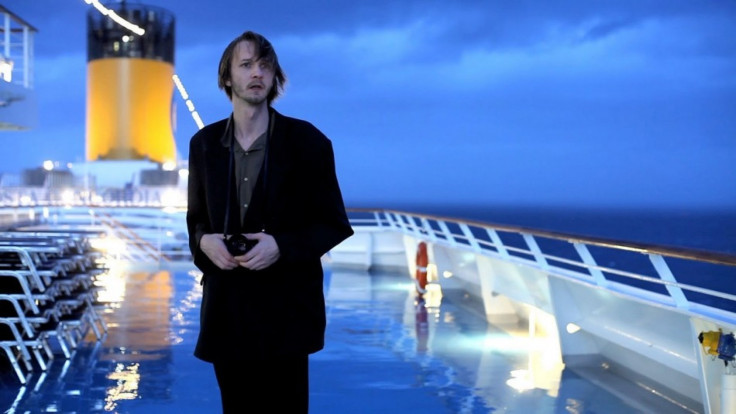Costa Concordia was Setting for 2010’s ‘Film Socialisme’

On Friday, Jan. 13, the Costa Concordia cruise ship crashed into rocks off Italy's west coast. Just three days earlier on Jan. 10, Jean Luc Goddard's hotly debated 2010 Film Socialisme was released on DVD. What do the two seemingly unrelated events have in common? The first of the film's three movements, Des choses comme ça (Such things), was shot on and prominently featured the doomed ship.
As The Guardian's Xan Brooks put it: Anyone who sat through 'Film Socialisme' may have suspected that the Costa Concordia was headed for trouble ... it served as a self-conscious metaphor for western capital ploughing through choppy waters.
In the film, the passengers onboard the Costa Concordia include a UN official and an elderly war criminal. Onboard entertainment is provided by a dour Patti Smith. The scenes on the ship are fragmented, and at times unsettling.
The movement featuring the Costa Concordia is a dense, highly fragmented analysis of recent European history as allegorized by a Mediterranean cruise ship. Film Socialisme as a whole is about the moral failure and cultural decline of Europe, the smothering dominance of the United States, and the retreat of history - depending on what you read into it.
Godard is better known for his earlier work during the so-called French New Wave with films like Breathless, Contempt, or Band of Outsiders. The octogenarian divided critics in 2010 with Film Socialisme - a film that ultimately left the audience with a foreboding sense of disaster.
Some saw the film as a masterpiece of the avant-garde, while others found it to be a jumbled, self-fulfilling mess. The film featured a series of obscure subtitles like empire of tourism or special form egoism, and ended with the final message No Comment.
At its conclusion, Film Socialisme gave the viewer a sense of impending doom. A sense that disaster would soon strike.
© Copyright IBTimes 2025. All rights reserved.






















